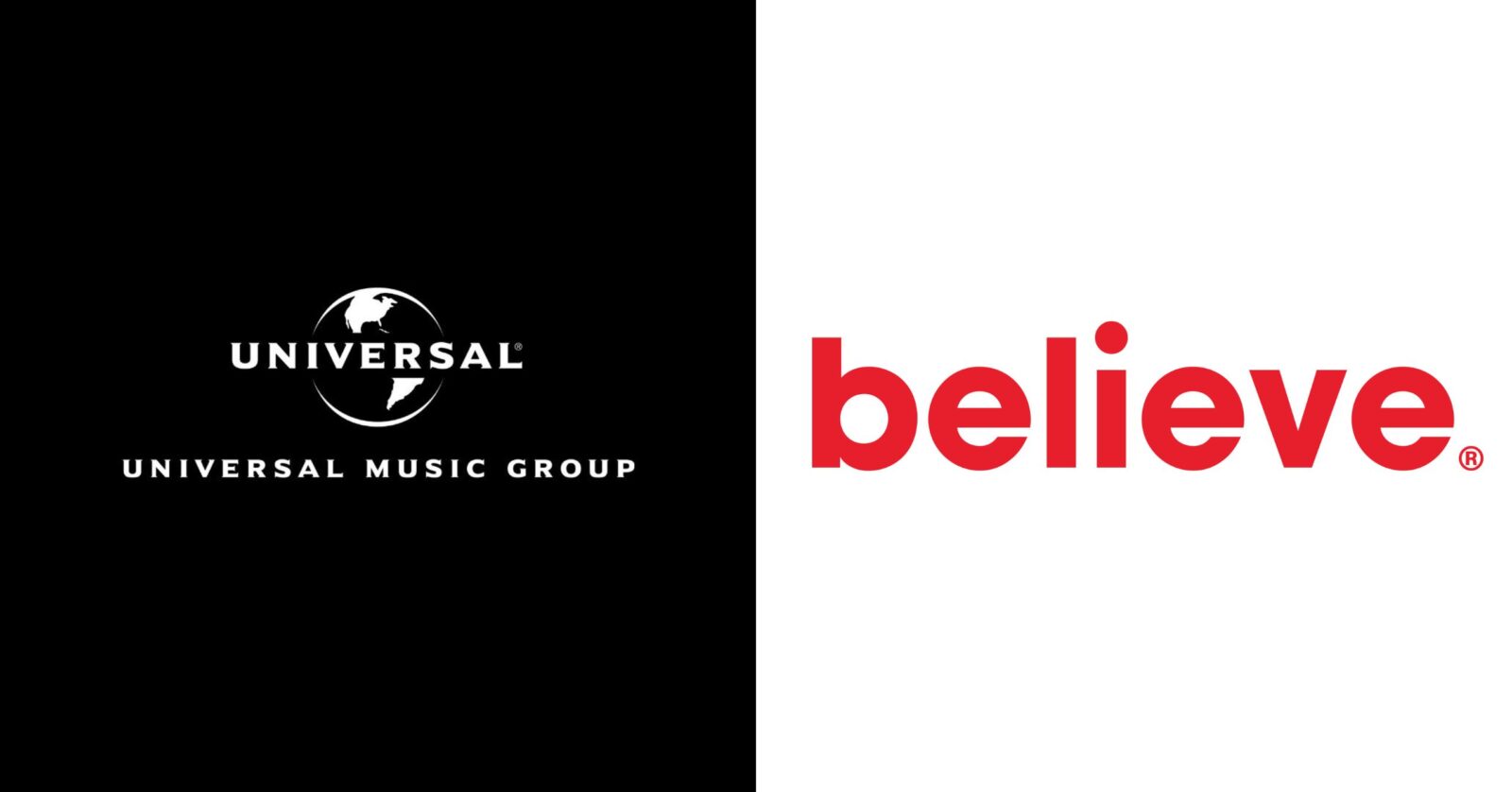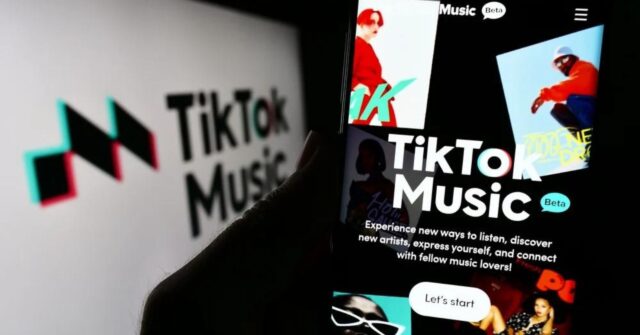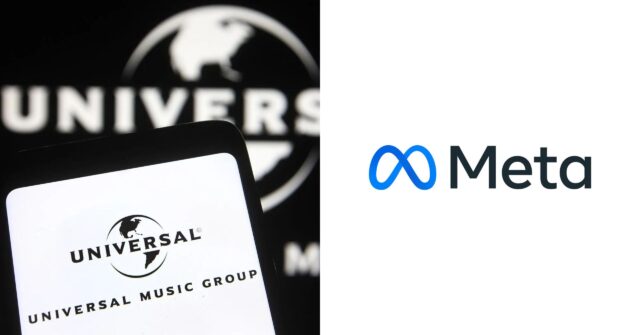Universal Music Group (UMG), ABKCO Music & Records, and Concord Music Group have filed a major copyright infringement lawsuit against Believe Music and its subsidiary TuneCore, claiming at least $500 million in damages.
The lawsuit, filed on November 4, 2024, in the U.S. District Court for the Southern District of New York, accuses Believe of widespread copyright violations by distributing unauthorized copies of popular music through major platforms like YouTube, TikTok, Spotify, and Apple Music.
The central allegation is that Believe has built its business model by facilitating “industrial-scale copyright infringement,” particularly involving manipulated audio files. UMG, ABKCO, and Concord argue that Believe has become a hub for distributing “sped-up” or “remixed” versions of well-known tracks by top artists like Ariana Grande, Drake, Lady Gaga, Justin Bieber, and the Rolling Stones. These manipulated versions, often uploaded under misspelled artist names like “Kendrik Laamar” and “Jutin Biber,” are presented as original content but infringe on the copyrights of the legitimate rights holders.
A spokesperson for UMG harshly criticized Believe, stating, “Believe is a company built on industrial-scale copyright infringement,” and highlighting that these illegal practices affect not only major label artists but also independent musicians. “Their illegal practices are not limited to cheating artists on major labels but artists on independent labels as well—including artists on the independent labels within the trade bodies of which Believe is itself a member.”
The lawsuit details specific instances of unauthorized tracks, including remixes of hits such as ABBA’s “Lay All Your Love On Me,” Billie Eilish’s “bad guy,” and “Taki Taki” by DJ Snake featuring Selena Gomez, Cardi B, and Ozuna. Many of these versions remained accessible on streaming platforms, despite Believe acknowledging their infringement on YouTube’s Content ID system. UMG claims that even after losing copyright disputes, Believe continued to distribute the same infringing content across other platforms — including Spotify and Apple Music.
UMG further accuses Believe of exploiting YouTube’s Content ID system, claiming that Believe used the platform to falsely claim ownership of the copyrighted tracks it was distributing. The lawsuit also suggests that Believe intentionally overlooked basic measures to prevent copyright violations, enabling the continued distribution of unauthorized tracks. “While Believe is fully aware that its business model is fueled by rampant piracy, it has eschewed basic measures to prevent copyright violations,” UMG asserts in the complaint.
This legal battle underscores growing concerns in the music industry about unauthorized, “modified” tracks, particularly on platforms like TikTok, where users often upload sped-up or altered versions of popular songs. Earlier this year, UMG made headlines for its high-profile takedown request campaign against TikTok, involving 37,000 requests and impacting over 120 million videos. This lawsuit also draws parallels to a recent case where Sony Music pursued legal action against an artist, Trefuego, for releasing a sped-up version of a copyrighted song, raising questions about distributor liability in the digital age.
In response, Believe has strongly denied the allegations. A spokesperson for the company told Music Business Worldwide (MBW), “We strongly refute these claims and will fight them.” The statement emphasized that Believe takes copyright seriously and has developed tools to combat piracy, noting that the company has been a leader in the digital music ecosystem for nearly two decades. “We have been at the forefront of the digital music ecosystem for nearly 20 years, supporting the development of independent artists and labels,” the spokesperson said, adding that Believe is a “Tier 1” partner in the Preferred Partner Program across music stores.
This is not the first time Believe or TuneCore has faced legal challenges over copyright issues. In 2020, the company was sued by Round Hill Music for allegedly distributing unauthorized compositions. That case was eventually settled, but this new lawsuit raises the stakes, with UMG, ABKCO, and Concord seeking significant financial damages in a case that could set important precedents for how digital distributors are held accountable for copyright infringement in the streaming era.



